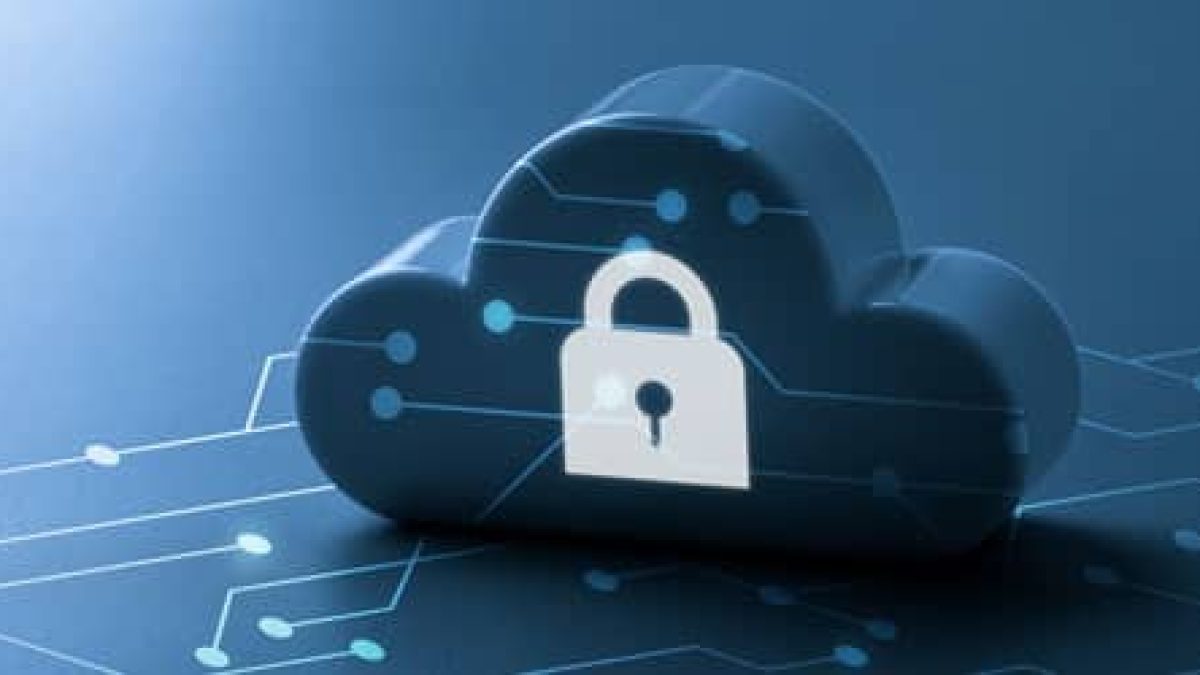The medical sector produces the most data compared to other industries, which is why securing data has become increasingly important. The healthcare industry is constantly facing challenges regarding keeping data secure and compliant.
They always have to keep a close eye on security measures, privacy concerns, and breaches – this can take up a lot of resources and time. Healthcare administration is responsible for protecting and securing patients’ medical histories.
Top 8 Best Practices To Keep Data Secure and Compliant
Medical records are secured based on Health Insurance Portability and Accountability Act (HIPAA) compliance regulations. To ensure that patients only have to deal with their medical problems, medical sectors should opt for best practices to keep their data secure and compliant.
Let us look at some of the best practices that the medical sector can employ to keep data secure and compliant.
Data Archiving
Data archiving is a guaranteed and cost-effective way to store data for years. An archiving all-inclusive, archiving data is easier than any given storage solution. Other than keeping medical data safe and secure, archiving data is the only solution nearest to every compliance rule.
You can either archive data manually or opt for the best data archiving software solution to automate the process. We placed data archiving because, with this solution, searchability and e-discovery are enhanced. Moreover, it creates an easy backup and confers a single access point, improving employee productivity.
Hire a Specialist
Keeping a continuous eagle eye on data security can be very challenging and unnerving; this is why you can always hire a specialist to do the job. Storing data on the cloud or opting for physical storage devices is expensive; hiring a person with a specific skill set can reduce much of your stress.
With a cloud or physical storage solution, you will need to hire more than one person to keep up with the service provider, while a single specialist will take these responsibilities as a job. This specialist has to be aware of the latest compliant regulations, security technology, and medical clinics’ data protection policies. It will allow the specialist to introduce or create data security measures.
Secure the Server Room
This can be done on an administrative level – the medical clinic has to hire a physical security team to secure the server room. This will make people think twice before plugging in any hardware device. You can also download different security software that will notify you when someone has plugged in any device.
If, by any chance, someone has managed their way to plug in a device and the administrator didn’t notice; you should opt for software that automatically scans the device and stores activity.
Apply User Authentication
Medical data is in different hands, and checking if the right person has it can become very daunting. It would consume a lot of time and need more than one team to double-check if data has reached the wrong hands. This is why a software solution should only let authenticated users access medical files and records.
User authentication is applied by giving specific usernames and passwords to selected people who can access medical data via a specific or dedicated link. The admin or super admin can add or remove people from the user authentication list and restrict their access to some particular medical files.
Encryption
Medical industry or not, encryption is the safest way to secure and protect any form of data. Giant companies have their code for encrypting data, and according to HIPAA, if your old hardware contains medical data, it should not be given for recycling.
Nevertheless, if the data is encrypted with the latest standards and algorithms, it is safe and ready for disposal. This means all the connected devices should have an auto-encryption-enabling system.
Monitor Activity
Hundreds of employees have to access medical records, files, and data for various purposes, and no one can guess who has dirty tricks up their sleeves. Medical clinics must monitor employees’ activity when accessing records, data, and files.
This can be done by opting for a software solution that records every authenticated user. In this way, the user will know that there are eyes everywhere, and any disloyalty can lead to bad consequences.
Change and Update Passwords
Hundreds of employees have to access medical records, files, and data for various purposes, and no one can guess who has dirty tricks up their sleeves. Medical clinics must monitor employees’ activity when accessing records, data, and files.
This can be done by opting for a software solution that records every authenticated user. In this way, the user will know that there are eyes everywhere, and any disloyalty can lead to bad consequences.
Audit and Evaluate
Security is an ever-developing field, and sadly, it is never enough, as there will always be a loophole. Since no security solution will ever reach perfection, it is the job of medical clinics to evaluate their current or existing data protection software solution. This can be done by having internal and external audits from time to time.
Auditing will allow medical clinics to stay compliant, get a sense of relief, ensure data integrity and safety and update policies accordingly. It will enable medical clinics to update their data security whenever needed.
The Takeaway
Data breaches in the medical industry can not be stopped, but there are always to prevent them. One of the most robust and effective practices to keep your data secure is data archiving. Data archiving will not only store considerable volumes of medical data, medical clinics will also become closer to the latest compliant standards.
Data archiving may be the oldest, but it is among the best ways of storing data in bulk and keeping it secure. Medical industries should opt for the right data archiving software as it provides the best file management and robust storage management. Moreover, even if the data is lost or breached, the data archiving software can help recover and restore the data.
